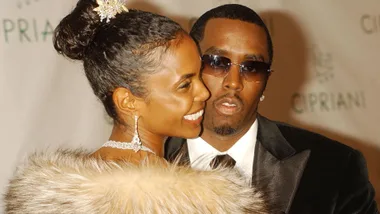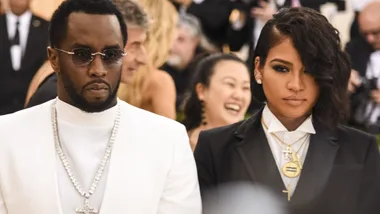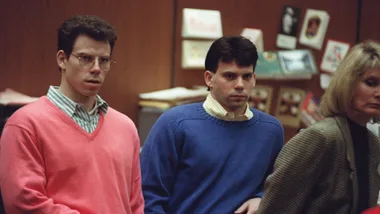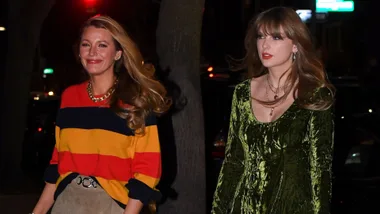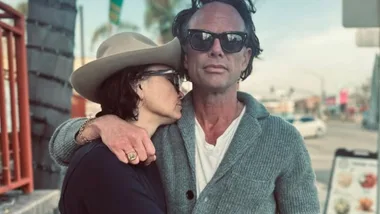A disturbing video of a French woman being hit in the face for telling a man to stop harassing her has gone viral.
In the CCTV footage, which has been viewed almost three million times, Marie Laguerre, 22, can be seen walking past a café in Paris before being struck in the face by a man.
In an interview on French radio, Laguerre explained that the man had been making obscene and degrading comments and “noises with sexual connoations,” reports the BBC.
“It wasn’t the first time – that day, that week, or that month. It had been building up. I got angry and said ‘shut up.’ I didn’t think he’d hear, but he did,” she went on to say.
When the man got angry he threw an ashtray at Laguerre, which missed her by inches. He then walked towards her and hit her in the face.
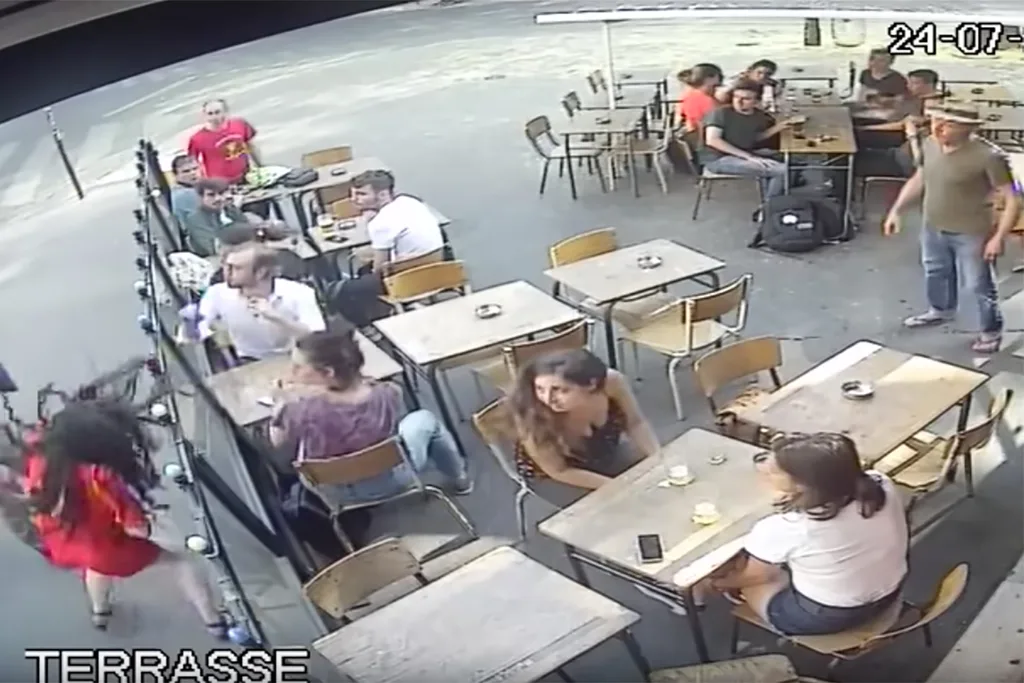
“I know he’s going to hit me. I could have run off but there was no question of that. I wasn’t going to look down and certainly wasn’t going to apologise,” explained Laguerre, who says she is still on edge after the attack. “I don’t feel very comfortable walking outside.”
The French anti-harassment group Stop Street Harassment says that women experiencing harassment in public should “ignore the harasser and go to a safe place such as a shop or restaurant” or “if you feel safe enough, respond calmly and firmly but without apologising.”
The other of side of Me Too is that when you empower women to speak up, you also put them at risk. When women call out abuse, they are in very real danger of retribution.
When actress Christie Whelan-Browne accused Craig McLachlan of indecent assault on the set of Rocky Horror show musical in 2014 in January this year, one of the most common reactions on Twitter was “Well, why didn’t she say anything earlier?”
“Why didn’t she say something at the time?”
“Why didn’t she just tell him to stop?”
After Whelan-Browne did speak out about the abuse, McLachlan reacted by denying the allegations and launching a defamation lawsuit against the ABC and Fairfax naming Whelan-Browne.
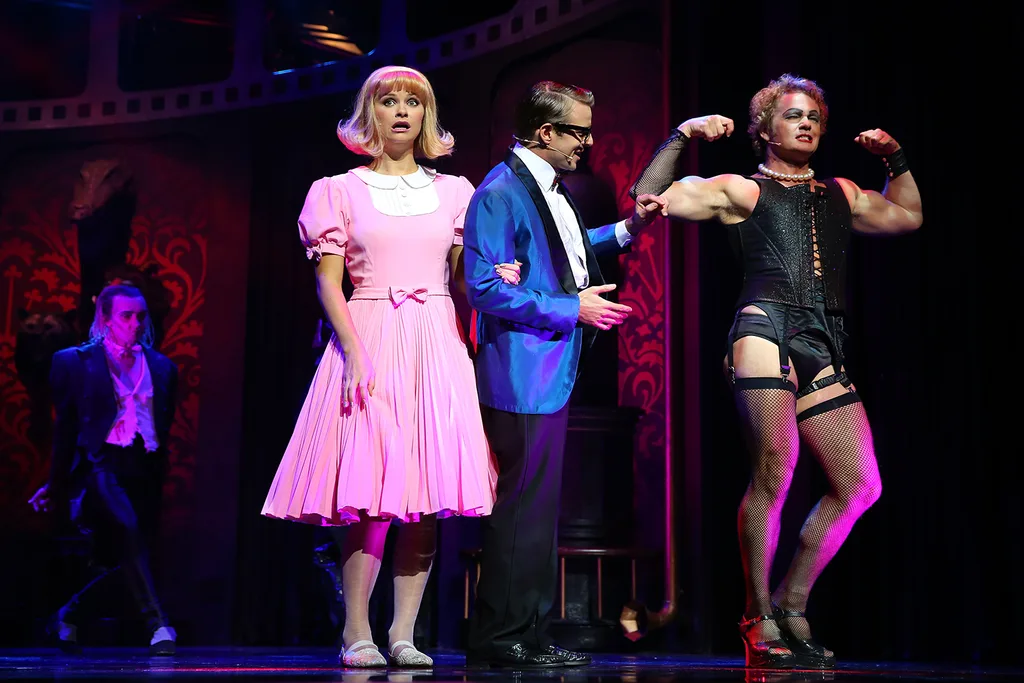
Why don’t women speak up? Because they’re afraid of being slapped on the street and sued for defamation in court.
In Australia, one in four women have experienced workplace sexual harassment, but only a fifth of those women ever formally report the harassment.
There’s a reason for that; one third of people who made a complaint about sexual harassment said that they had suffered significant consequences as a result including being labeled a troublemaker, being victimised or ignored by workmates.
On top of that, only 45 per cent of workplace sexual harassment stops after a complaint is made. Even when women do report their abuse, it doesn’t stop. So instead of continually expecting women to call out this behaviour, and put themselves in danger, we need social change to protect women from sexual harassment in the first place.
Next time someone questions a woman for not calling out their abuse sooner, show them this video. This is why.
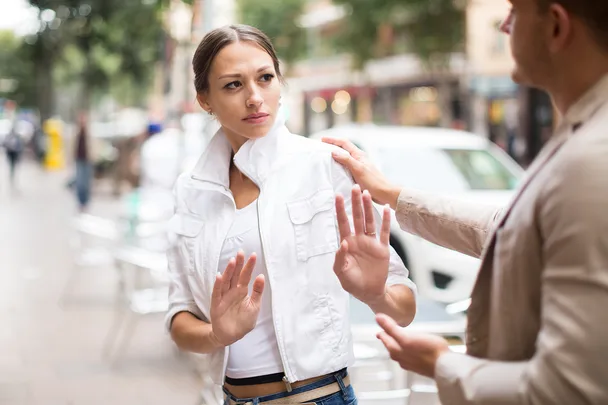 Getty
Getty

